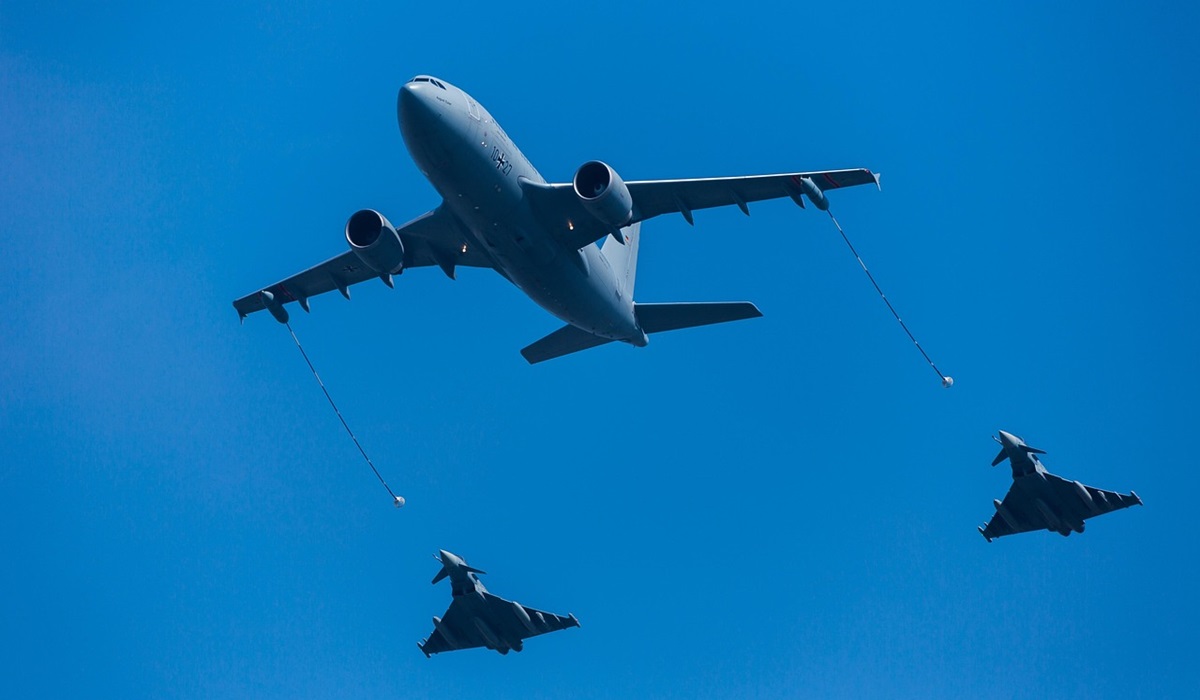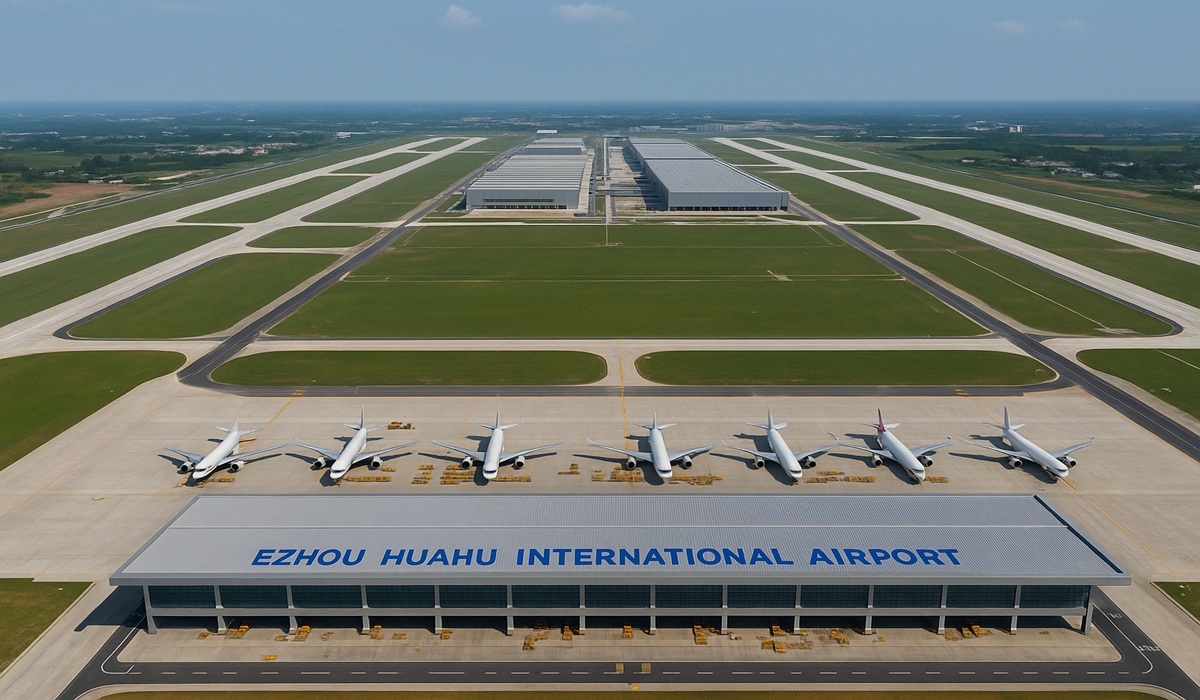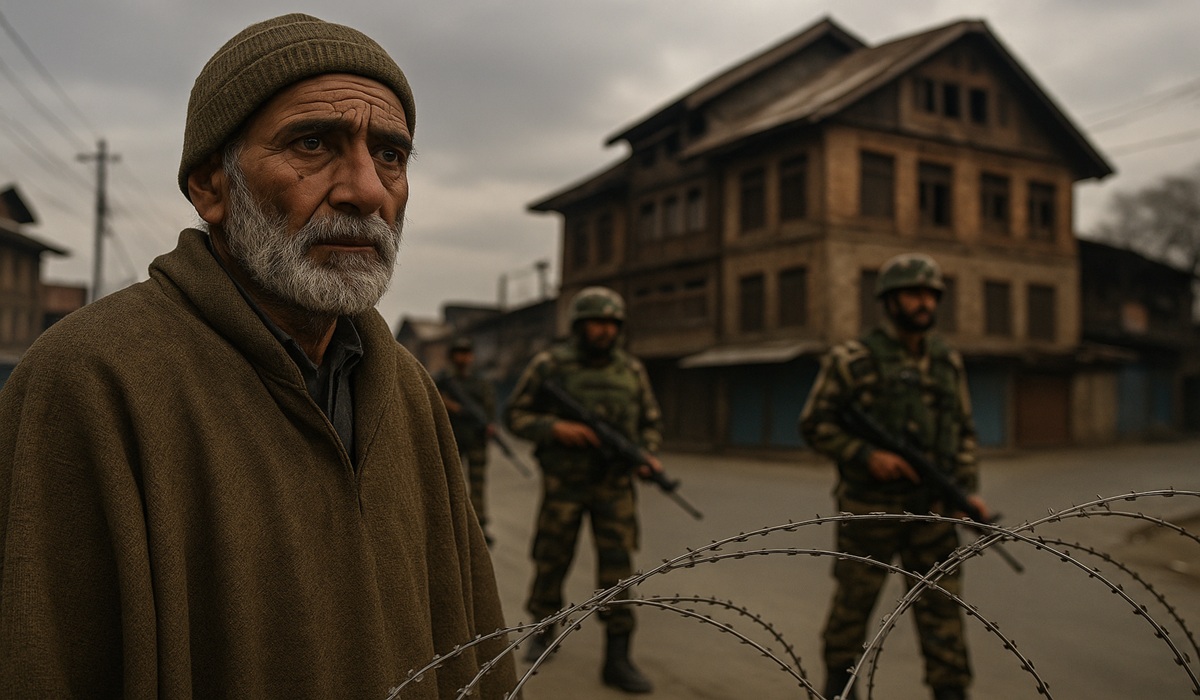The Illusion of Ignorance: How Could the U.S. Not Have Known About the Strikes on Qatar?
- TDS News
- Trending News
- September 12, 2025

By: Donovan Martin Sr, Editor in Chief
Image Credit: Schweiz
The suggestion that the United States was somehow unaware of Israel’s strikes on Qatar is, at best, implausible and, at worst, deliberately misleading. When the pieces of this puzzle are put together, the idea of American ignorance collapses under the weight of even the simplest logic. Let’s walk through this plainly, without technical jargon or unnecessary complexity.
For Israel to strike Qatar, its fighter jets would first have had to traverse the skies of other nations. That means Jordan, Egypt, Saudi Arabia, Iraq, or Syria. None of these routes are trivial. Every one of these nations has air-defense systems, radars, and agreements in place with both regional and Western partners. The notion that Israeli jets could simply glide unnoticed through one or more of these territories, without clearance or challenge, defies reason. It would have required silence, complicity, or at the very least, a carefully choreographed turning of heads.
Then comes the second point: range. Fighter jets are powerful, but their reach is not infinite. Long-range missions demand air-to-air refueling, which is not a casual or spontaneous act. Refueling in midair requires tankers, planning, coordination, and precise timing. Who has the resources and capacity to facilitate such operations in the region? The United States, Britain, and to some extent NATO allies. For Israeli jets to carry out this mission, at some point, the support structure of Western military logistics would have been engaged. And such assets are not deployed without clearance from the highest levels. The idea that this was all done without Washington’s knowledge borders on the absurd.
Third, consider the radar systems. American, British, and German radar networks cover the skies across the Middle East. These are not outdated Cold War relics but state-of-the-art detection tools that monitor every flight, from commercial airliners to military drones. They know when something is in the air, where it is headed, and what it is carrying. The suggestion that an Israeli strike package flew across the region unnoticed is not only unlikely, it is an insult to the sophistication of these systems and the people who operate them.
And then there is the most glaring issue: U.S. radar and missile defense systems in Qatar itself. These are the very systems designed to protect American interests and their allies in the region. They were active when Iranian missiles threatened. Yet during the Israeli strike, they were reportedly silent. If they were turned off, that was no accident. If they were ignored, that was a choice. Either way, it points directly back to coordination or consent.
What does this mean in practical terms? It means that complicity is more likely than ignorance. Whether it was through a direct green light from President Donald Trump, tacit approval by senior officials, or a silent understanding between allies, the United States and its partners were almost certainly aware. The idea that Israel could mount such an operation without Washington knowing is fantasy. Jets do not refuel themselves in midair. Tankers do not take to the skies without orders. Radar screens do not go blank without reason. Warships stationed in the Gulf do not suddenly miss military aircraft flying overhead. All of this requires planning, synchronization, and coordination.
And this raises uncomfortable truths. If the United States did know—and all evidence suggests it did—then Qatar finds itself in a perilous position. Hosting U.S. bases was meant to be a guarantee of security, a shield against aggression. Yet when the strike came, the shield was lowered. What use is an American base if it does not defend against attacks from Israel, a country that just bombed its territory? Does it exist only to guard against threats from neighboring Arab states, but not against Washington’s closest ally in the region? That contradiction is glaring, and Qatar’s leadership must be grappling with it now.
Qatar has long positioned itself as a mediator, a state that builds bridges rather than bombs. It has been the host of talks, the venue for negotiations, and the quiet peacemaker in conflicts stretching from Afghanistan to Sudan. Its role as a stabilizing force has been praised, even envied. And yet, it is precisely this nation—the one playing peacemaker—that finds itself targeted. What message does it send when you bomb the mediator? The symbolism is not lost on the region: if Qatar, the diplomatic bridge-builder, can be struck with impunity, what protection does anyone else truly have?
President Trump has said it will never happen again. Yet Israel’s Prime Minister insists it will, if they deem it necessary. This contradiction is not new. In fact, it is the same cycle that played out under Biden, under Obama, and before them. Washington may voice disapproval, but it has never stopped Israel from acting as it sees fit. The pattern is clear: the U.S. can tell Israel not to do something, but Israel does it anyway—and the U.S. does not intervene.
So what happens if this occurs again? Does Washington once again claim ignorance? Do the radars stay silent, the defense systems muted, and the refueling tankers conveniently available? Or does the U.S. face the uncomfortable reality of intercepting Israeli jets, knowing full well what that would mean for the alliance? And what about the Arab states whose airspace was crossed? Do they continue to pretend outrage while quietly opening their skies to Israeli planes? Do they claim unity while practicing complicity?
The larger question is what Qatar does in response. Does it absorb the blow, maintaining its role as peacemaker and hoping its patience preserves stability? Or does it decide that being the poster child for unchecked aggression is a price too high to pay, and take a different path? The threat of escalation looms, but so does the threat of humiliation. At some point, Qatar must decide whether hosting U.S. bases truly secures it, or whether it is merely providing cover for others’ agendas.
This is the conundrum. Qatar must weigh its reputation as a mediator against its responsibility to protect its sovereignty. The United States must reconcile its public claims of ignorance with the undeniable evidence of coordination. And Israel must face the reality that striking the peacemaker carries consequences that extend far beyond the battlefield.
The truth is, nothing of this scale happens in the Middle East without Washington knowing and approving. The infrastructure, the alliances, the intelligence-sharing, and the military hardware make it impossible. To claim otherwise is to insult not only the intelligence community but the intelligence of ordinary people who can do the simple math. This is not about radar blips or missed signals. It is about choices, alliances, and the uncomfortable reality of power politics in a region where nothing happens by accident.
And so the world watches, waiting for Qatar’s response, for Washington’s next statement, for Israel’s next move. The irony, the tragedy, is that it is the peacemaker that has been bombed. And when the peacemaker is struck, it is not just Qatar that suffers—it is the very idea of diplomacy itself.








